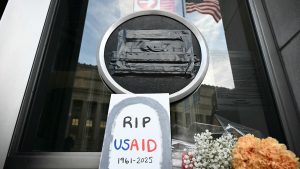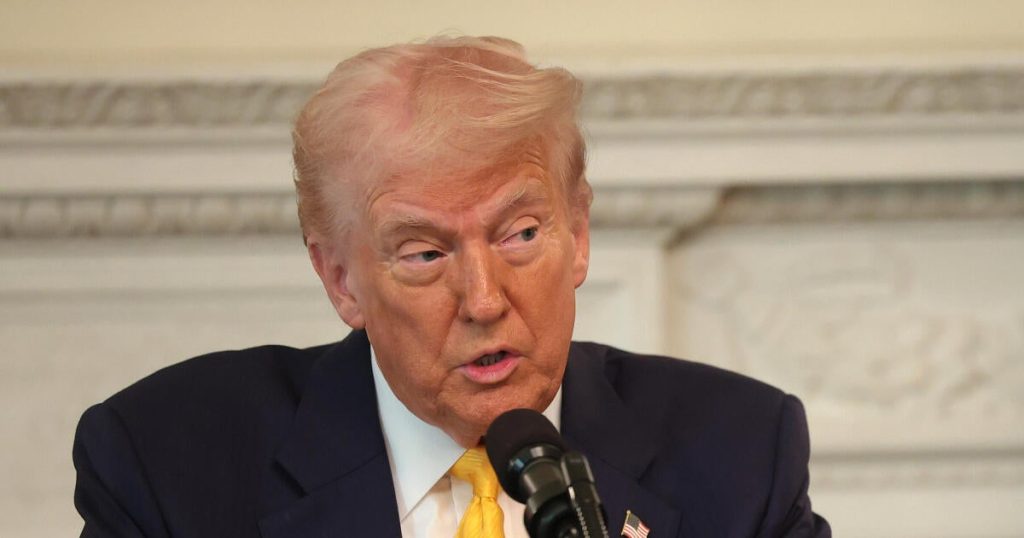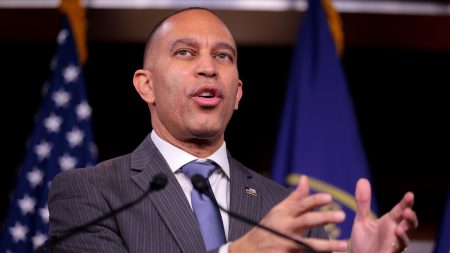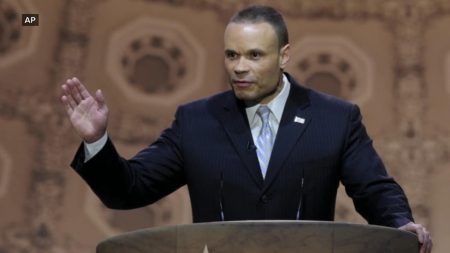A Federal Judge Denies Emergency Motion to Restore AP’s Access to White House Events
Introduction to the Case
On Monday, a federal judge denied an emergency motion filed by the Associated Press (AP) to restore access for its reporters and photographers to White House events. The decision came after the AP sued three Trump administration officials, including White House chief of staff Susie Wiles, deputy chief of staff Taylor Budowich, and press secretary Karoline Leavitt. The lawsuit alleges that the AP has been unconstitutionally banned from White House events in retaliation for its refusal to change its style from "Gulf of Mexico" to "Gulf of America" following an executive order signed by President Trump in January. Judge Trevor McFadden, who was appointed by President Trump, ruled that an expedited briefing schedule and additional briefs would be necessary before he could make a final decision in the matter.
The AP’s Argument for Restoring Access
Charles Tobin, an attorney representing the Associated Press, argued that the ban has significantly hindered the news organization’s ability to report firsthand on the Trump administration. He emphasized that AP reporters and photographers were barred from certain White House events earlier this month, which has damaged the company’s reputation and impeded its ability to provide accurate coverage of the president. Tobin called for the full restoration of AP’s access to the White House press pool and greater access to White House press events, including the ability to travel with the president. He noted that the AP typically has a print reporter and photographer at all official White House press events, and the ban has disrupted this longstanding practice.
The Trump Administration’s Defense
The Trump administration argued that the content of a journalist’s speech can be taken into consideration when deciding whether to grant access to White House events. An attorney for the administration stated that President Trump has the authority to block any media outlet from access, emphasizing that "There is no right to have special access to the Oval Office." In a court filing, Susie Wiles, the White House chief of staff, maintained that the decision to ban the AP was not about cutting off its access entirely but rather about revoking "special media access to the President," which she described as a discretionary presidential choice that does not infringe on any constitutional rights. The White House also released a statement after the hearing, stating that covering the president is a "privilege granted to journalists, not a legal right."
Implications for Press Freedom
The case raises important questions about press freedom and the relationship between the White House and the media. The AP’s ban from White House events has sparked concerns among media advocacy groups and journalists, who view it as an unprecedented move that could set a dangerous precedent for future administrations. The administration’s argument that access to the president is a privilege rather than a right has drawn criticism from First Amendment advocates, who argue that such a stance could be used to justify retaliatory actions against news organizations that critically cover the government. The case has also highlighted the ongoing tensions between the Trump administration and the media, which have been a hallmark of the president’s tenure.
Next Steps in the Legal Battle
The next hearing in the case is scheduled for March 20, where both sides will present arguments on the AP’s motion for a preliminary injunction. This hearing will provide an opportunity for the court to delve deeper into the constitutional implications of the ban and whether the Trump administration’s actions were lawful. The outcome of this case could have far-reaching consequences for press access to the White House and the ability of journalists to hold the government accountable. As the legal battle unfolds, the AP and its allies will continue to argue that the ban is a violation of the First Amendment, while the Trump administration will defend its position that access to the president is a privilege that can be revoked at will.
Conclusion: The Broader Significance of the Case
The AP’s lawsuit against the Trump administration is more than just a legal battle over press access; it is a test of the boundaries of press freedom in the United States. The case has drawn attention to the increasingly fraught relationship between the White House and the media, and the ways in which government officials can exert control over the flow of information. As the court considers the arguments presented by both sides, the outcome will have significant implications for journalists, news organizations, and the public’s right to know. The AP’s fight for access to White House events is a reminder of the critical role that a free and independent press plays in a functioning democracy, and the ongoing challenges it faces in holding those in power accountable.















